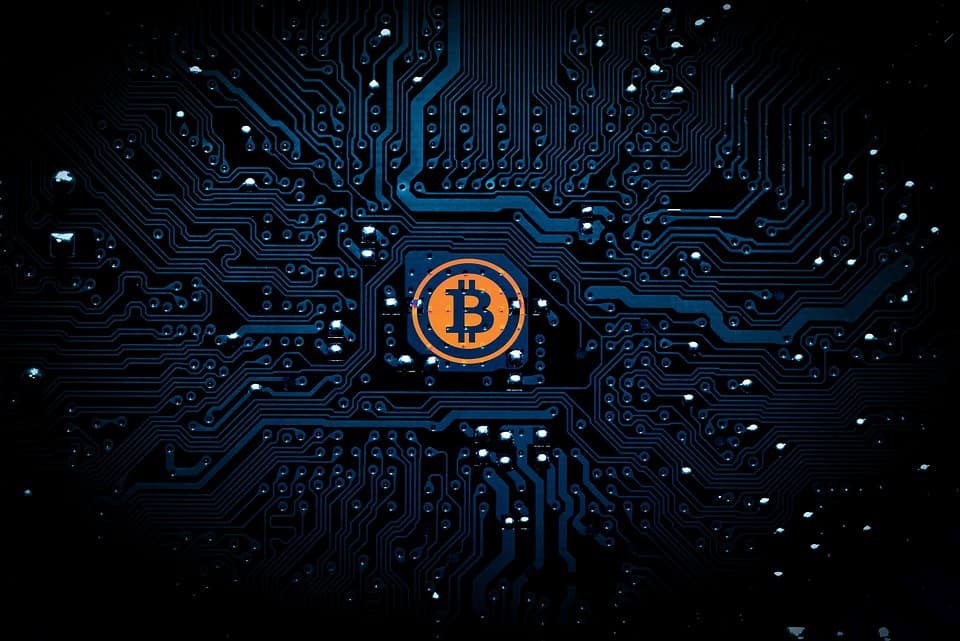The Supreme Court of Shandong province in the north of China has made explicit the lack of legal protections for cryptocurrency-related transactions, with reference to a case involving a token purchase botched by sudden regulatory change.
The Shandong Province Supreme Court has used its official Weibo account to provide its analysis of a case involving an investment made by the plaintiff in a cryptocurrency scheme.
The case involved the plaintiff, a Mr. Ma, providing 70,000 yuan to the defendants, Mr. Liu, Mr. Chang and Mr. Li, for the “Anle Token Project” (威乐币项目).
After executing an agreement on 24 December, Mr. Chang was responsible for transferring the 70,000 yuan provided by Mr. Ma to the account of a Mr. Cui, who was responsible for the sale of digital currency, on 27 December.
The following month on 17 January however, the Chinese central bank cracked down on cryptocurrency transactions with the issue of the “Notice Concerning Undertaking Self-inspection and Rectification Work for the Provision of Payments Services for Illegal Virtual Currency Transactions” (关于开展为非法虚拟货币交易提供支付服务自查整改工作的通知).
The issue of the Notice prompted Chinese banks to take hasty action to suspend any cryptocurrency-related transactions, in order to avoid falling afoul of regulators.
The parties to the case subsequently discovered that they were unable to open the joint account that they had created for the cryptocurrency transaction, prompting Mr. Ma to demand 69,999 in compensation from the defendants in accordance with the terms of the agreement.
The people’s court for Licheng district in the Shandong province city of Jinan overturned Mr. Ma’s lawsuit, prompting Mr. Ma to appeal the case with the Jinan Middle People’s Court, who upheld the original decision.
In its analysis of the case, the Shandong Province Supreme Court said that “online virtual currencies are not issued by monetary authorities, do not possess the statutory compensatory or enforceable nature of money, and are not money in any true sense of the meaning.”
“They do not possess equal legal status with money, they cannot and should not be circulated or used on the market as money, and investments and trading in cryptocurrency done by citizens is not subject to legal protections.”




